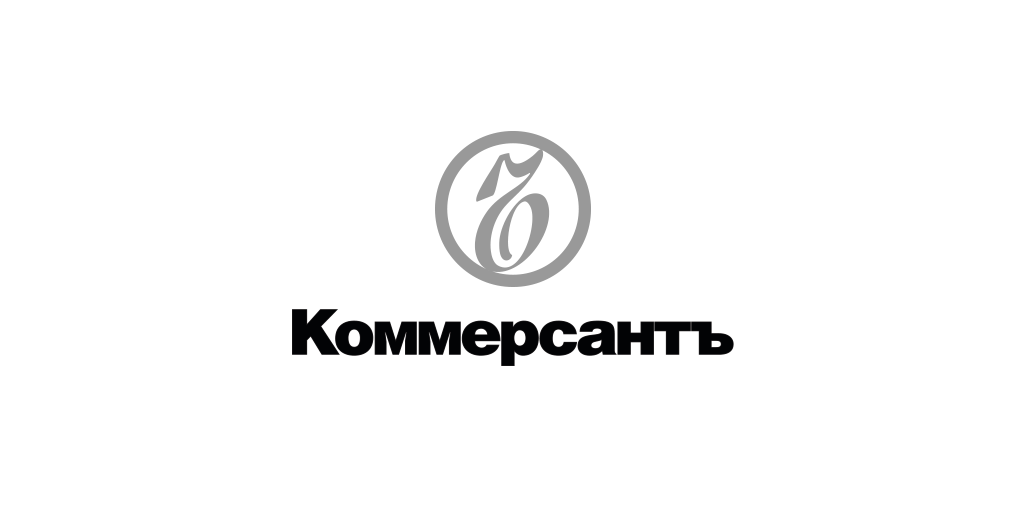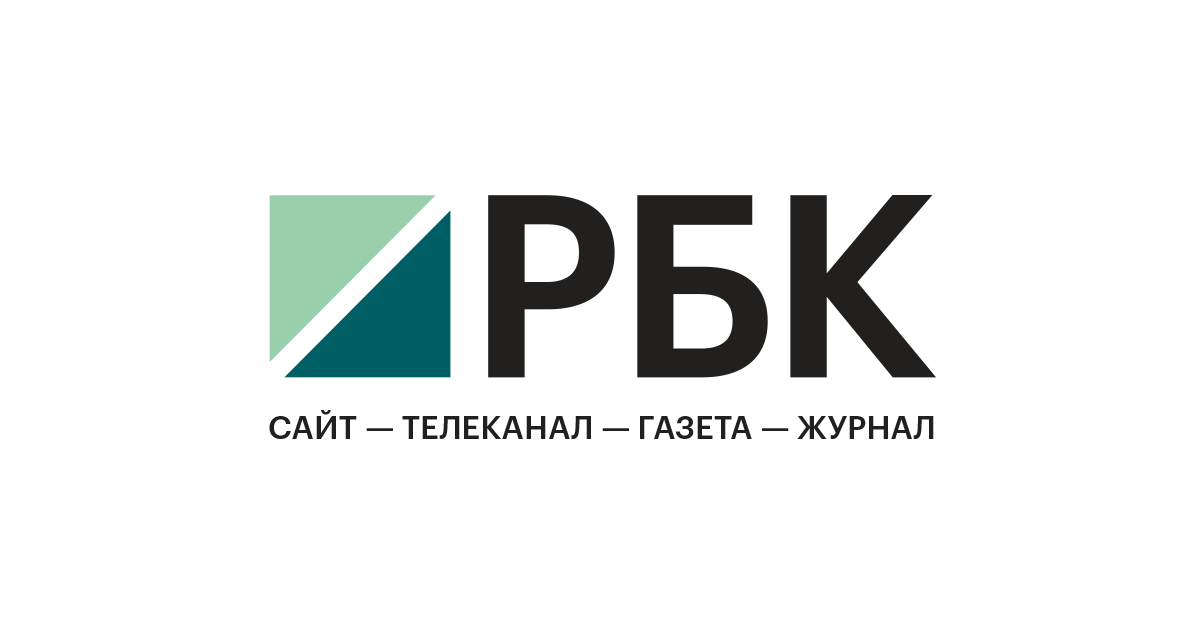The Digital Tug-of-War: Social Media and Tech Turmoil in Russia** **
July 26, 2024, 3:45 am
**
In the ever-evolving landscape of social media and technology, Russia finds itself at a crossroads. Recent events reveal a nation grappling with digital sovereignty, regulatory challenges, and the relentless march of innovation. This article delves into the latest developments, highlighting the ongoing battle between local platforms and foreign giants, the rise of new technologies, and the implications for users and businesses alike.
The digital world is a battlefield. On one side, local platforms like VKontakte and Telegram are vying for dominance. On the other, foreign services like YouTube and WhatsApp face increasing scrutiny and regulatory pressure. The stakes are high, and the players are numerous.
In recent weeks, the Russian government has intensified its efforts to rein in foreign social media. The Federal Service for Supervision of Communications, Information Technology, and Mass Media, known as Roskomnadzor, has demanded the unblocking of over 200 YouTube channels. This move is part of a broader strategy to assert control over the digital landscape. The government’s push is not just about censorship; it’s about fostering a sense of digital nationalism.
Meanwhile, Pavel Durov, the founder of Telegram, is on a tour across the CIS countries. His travels have sparked interest and speculation. As Telegram inches closer to VKontakte in user numbers, Durov’s influence grows. The platform is now a key player in the Russian social media scene, with over 86 million monthly users. This surge in popularity is not just a statistic; it’s a testament to the shifting tides of digital communication.
However, the rise of Telegram comes with its own challenges. The government is tightening regulations on public channels, requiring them to register with Roskomnadzor. This move aims to combat the spread of misinformation and ensure accountability. Yet, it raises questions about freedom of expression and the future of anonymous communication online.
In the realm of technology, the past week has been tumultuous. A massive outage of Microsoft’s Azure cloud services sent shockwaves through various sectors. Airports, banks, and media outlets faced disruptions, highlighting the fragility of our interconnected systems. This incident serves as a stark reminder of the vulnerabilities inherent in relying on a few dominant players in the tech space.
As if that weren’t enough, Xiaomi users in Russia reported widespread issues with their devices. The company’s smartphones began malfunctioning, leading to speculation about software bugs or external interference. This situation underscores the challenges tech companies face in maintaining reliability and user trust.
In a surprising twist, the Russian government is exploring the creation of its own gaming consoles. This initiative aims to reduce dependence on foreign technology and promote local innovation. The proposed consoles would run on the Aurora operating system, signaling a push towards digital self-sufficiency. However, the success of such ventures remains uncertain, as the gaming market is fiercely competitive.
Amidst these developments, YouTube’s future in Russia hangs in the balance. Rumors of a potential ban have circulated, fueled by claims of deteriorating service quality. Yet, officials have rushed to reassure users that no immediate action is planned. This uncertainty reflects the broader tension between the government’s regulatory ambitions and the public’s reliance on these platforms for information and entertainment.
The digital landscape is also witnessing the emergence of new players. A Telegram bot called Dogs has gained traction, attracting over a million subscribers in less than a day. This bot rewards users with digital coins based on their account age, tapping into the growing interest in cryptocurrency and digital assets. Such innovations highlight the dynamic nature of the tech ecosystem, where new ideas can quickly capture public attention.
As the dust settles on these developments, one thing is clear: the battle for digital dominance in Russia is far from over. The government’s efforts to regulate foreign platforms will continue to shape the landscape. Meanwhile, local services like Telegram and VKontakte will strive to innovate and capture user loyalty.
In this digital tug-of-war, users are caught in the crossfire. They navigate a complex web of regulations, service outages, and emerging technologies. The future of social media and technology in Russia remains uncertain, but one thing is certain: the stakes are high, and the players are determined.
As we look ahead, the question looms: will Russia forge its own digital path, or will it remain tethered to the whims of foreign giants? The answer lies in the hands of policymakers, tech entrepreneurs, and, ultimately, the users themselves. The digital revolution is here, and it’s reshaping the world as we know it. The only question is: who will emerge victorious in this ongoing battle for the digital future?
In the ever-evolving landscape of social media and technology, Russia finds itself at a crossroads. Recent events reveal a nation grappling with digital sovereignty, regulatory challenges, and the relentless march of innovation. This article delves into the latest developments, highlighting the ongoing battle between local platforms and foreign giants, the rise of new technologies, and the implications for users and businesses alike.
The digital world is a battlefield. On one side, local platforms like VKontakte and Telegram are vying for dominance. On the other, foreign services like YouTube and WhatsApp face increasing scrutiny and regulatory pressure. The stakes are high, and the players are numerous.
In recent weeks, the Russian government has intensified its efforts to rein in foreign social media. The Federal Service for Supervision of Communications, Information Technology, and Mass Media, known as Roskomnadzor, has demanded the unblocking of over 200 YouTube channels. This move is part of a broader strategy to assert control over the digital landscape. The government’s push is not just about censorship; it’s about fostering a sense of digital nationalism.
Meanwhile, Pavel Durov, the founder of Telegram, is on a tour across the CIS countries. His travels have sparked interest and speculation. As Telegram inches closer to VKontakte in user numbers, Durov’s influence grows. The platform is now a key player in the Russian social media scene, with over 86 million monthly users. This surge in popularity is not just a statistic; it’s a testament to the shifting tides of digital communication.
However, the rise of Telegram comes with its own challenges. The government is tightening regulations on public channels, requiring them to register with Roskomnadzor. This move aims to combat the spread of misinformation and ensure accountability. Yet, it raises questions about freedom of expression and the future of anonymous communication online.
In the realm of technology, the past week has been tumultuous. A massive outage of Microsoft’s Azure cloud services sent shockwaves through various sectors. Airports, banks, and media outlets faced disruptions, highlighting the fragility of our interconnected systems. This incident serves as a stark reminder of the vulnerabilities inherent in relying on a few dominant players in the tech space.
As if that weren’t enough, Xiaomi users in Russia reported widespread issues with their devices. The company’s smartphones began malfunctioning, leading to speculation about software bugs or external interference. This situation underscores the challenges tech companies face in maintaining reliability and user trust.
In a surprising twist, the Russian government is exploring the creation of its own gaming consoles. This initiative aims to reduce dependence on foreign technology and promote local innovation. The proposed consoles would run on the Aurora operating system, signaling a push towards digital self-sufficiency. However, the success of such ventures remains uncertain, as the gaming market is fiercely competitive.
Amidst these developments, YouTube’s future in Russia hangs in the balance. Rumors of a potential ban have circulated, fueled by claims of deteriorating service quality. Yet, officials have rushed to reassure users that no immediate action is planned. This uncertainty reflects the broader tension between the government’s regulatory ambitions and the public’s reliance on these platforms for information and entertainment.
The digital landscape is also witnessing the emergence of new players. A Telegram bot called Dogs has gained traction, attracting over a million subscribers in less than a day. This bot rewards users with digital coins based on their account age, tapping into the growing interest in cryptocurrency and digital assets. Such innovations highlight the dynamic nature of the tech ecosystem, where new ideas can quickly capture public attention.
As the dust settles on these developments, one thing is clear: the battle for digital dominance in Russia is far from over. The government’s efforts to regulate foreign platforms will continue to shape the landscape. Meanwhile, local services like Telegram and VKontakte will strive to innovate and capture user loyalty.
In this digital tug-of-war, users are caught in the crossfire. They navigate a complex web of regulations, service outages, and emerging technologies. The future of social media and technology in Russia remains uncertain, but one thing is certain: the stakes are high, and the players are determined.
As we look ahead, the question looms: will Russia forge its own digital path, or will it remain tethered to the whims of foreign giants? The answer lies in the hands of policymakers, tech entrepreneurs, and, ultimately, the users themselves. The digital revolution is here, and it’s reshaping the world as we know it. The only question is: who will emerge victorious in this ongoing battle for the digital future?

